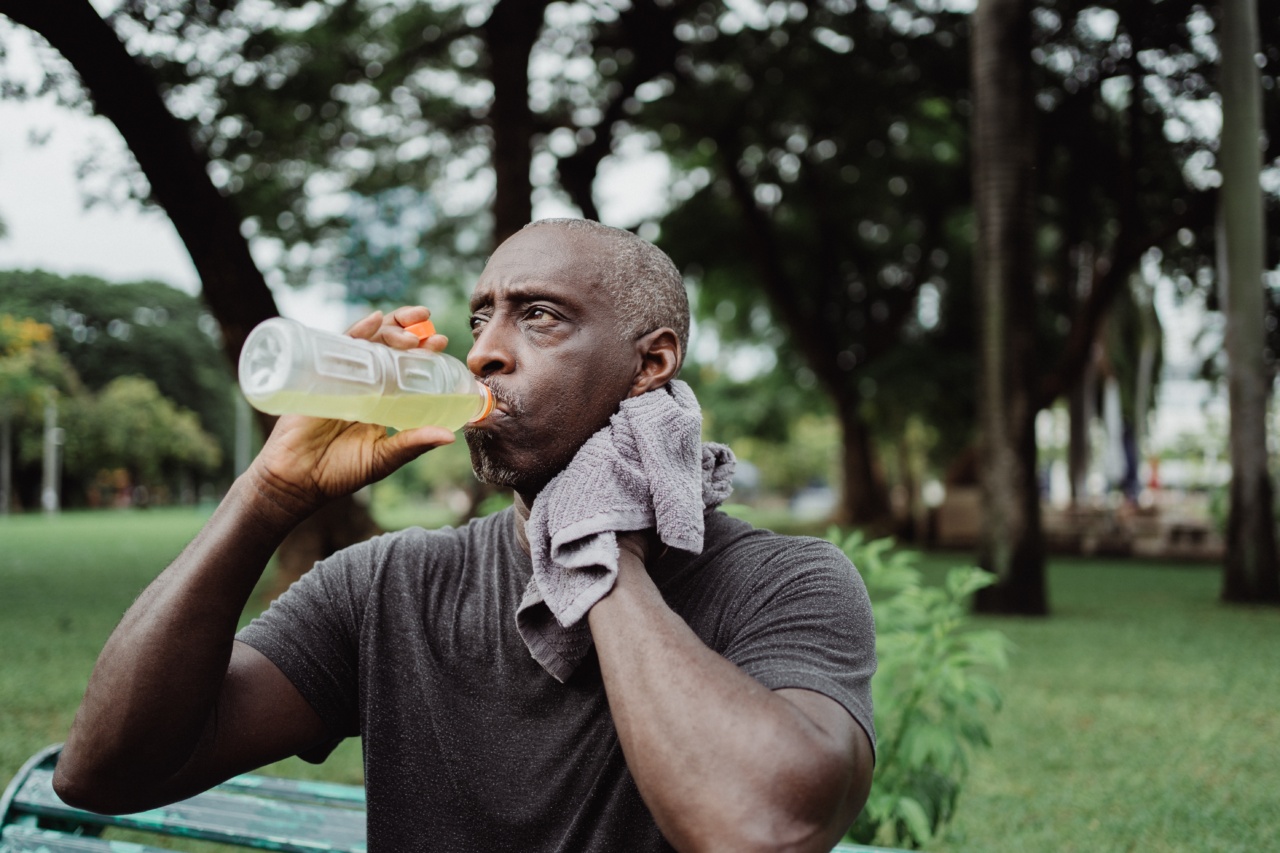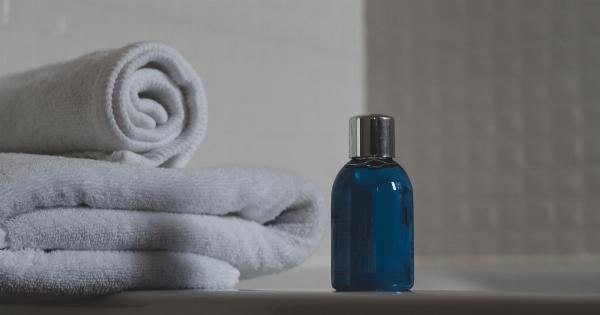Sweating is an essential process that regulates the body’s temperature and helps in cooling it down. However, excessive sweating can lead to various health issues, such as fungal infections, rashes, and skin irritation.
Hence, it is important to prevent sweat by adopting healthy habits and lifestyle changes. This blog will discuss how to prevent serious damage by avoiding sweat.
1. Stay Hydrated
Drinking plenty of water is crucial to preventing sweat and its related problems. When you are dehydrated, your body tries to balance the fluid levels by sweating, which leads to an increase in sweating.
Hence, it is important to drink plenty of water throughout the day to keep your body hydrated.
2. Wear Appropriate Clothing
The clothing you wear can also lead to an increase in sweating. Wearing tight clothes prevents air from circulating and traps heat, leading to an increase in sweating.
Wearing lightweight, loose-fitting, and breathable clothes can help in preventing sweat. Clothes made of cotton or other natural fibers can also help in managing sweat effectively.
3. Use Antiperspirant Deodorant
Antiperspirant deodorants contain ingredients that plug the sweat ducts, preventing sweat from reaching the skin’s surface. This helps in reducing the amount of sweat produced and reduces the risk of skin irritation, fungal infections, and odor.
However, it is important to use antiperspirant deodorants that are suitable for your skin type and do not contain harsh chemicals or fragrances.
4. Avoid Hot and Spicy Foods
Hot and spicy foods contain capsaicin, which can stimulate the sweat glands, leading to an increase in sweating. Hence, it is advisable to avoid hot and spicy foods, especially during the summers.
Including cooling foods like cucumber, watermelon, and mint in your diet can also help in managing sweat better.
5. Practice Good Personal Hygiene
Practicing good personal hygiene is crucial to preventing sweat and its related problems. Taking a shower or bath regularly, especially after engaging in physical activity or sweating, can help in preventing fungal infections and odor.
It is also important to keep the skin clean and dry and avoid wearing damp clothes.
6. Exercise Regularly
Engaging in regular exercise can help in reducing sweat by improving your body’s ability to handle heat. When you exercise regularly, your body’s temperature regulating system becomes more efficient, reducing the amount of sweat produced.
However, it is important to wear appropriate clothing and stay hydrated while exercising to prevent dehydration and excessive sweating.
7. Manage Stress
Stress can also be a trigger for excessive sweating. Managing stress through practices like meditation, yoga, and deep breathing can help in reducing the amount of sweat produced.
Stress management can also have other health benefits like improved sleep quality, reduced anxiety, and improved mood.
8. Seek Medical Help
If you suffer from excessive sweating, also known as hyperhidrosis, it is advisable to seek medical help. Hyperhidrosis can lead to serious issues like skin infections, social anxiety, and poor self-esteem.
Prescription antiperspirants, medications, and other medical interventions can help in managing hyperhidrosis effectively.
9. Stay Cool
Staying cool during summers can be challenging, but it is crucial to prevent excessive sweating. Keeping the air conditioning on, using fans, and staying in cool places can help in reducing the body’s temperature and preventing excessive sweating.
Taking cold showers or baths can also help in cooling the body down.
10. Reduce Caffeine Intake
Caffeine is a stimulant that can stimulate the sweat glands, leading to an increase in sweating. Hence, it is advisable to reduce caffeine intake, especially during summers.
Switching to decaffeinated beverages like herbal tea, or consuming caffeinated beverages in moderation can help in managing sweat better.
Conclusion
Sweating is a natural process that the body undergoes to regulate its temperature and cool down. However, excessive sweating can lead to various health issues, such as skin infections, rashes, and odor.
By adopting healthy habits and lifestyle changes, such as staying hydrated, wearing appropriate clothing, using antiperspirant deodorant, avoiding hot and spicy foods, and exercising regularly, we can prevent serious damage caused by excessive sweat. Seeking medical help and managing stress can also help in managing hyperhidrosis effectively.































